On Becoming Who You Say You Are
Robin Arsenault, LOVE Leader
“Are you who you say you are?” This is the question that would shape Robin Arsenault’s life.
Dennis Adams asked this of Robin - then a young and aspiring poet - when she first joined LOVE Nova Scotia. The question rang through her with the sharpness of a recurring bell.
“I was terrified,” she admits.
Back then, Robin was fighting a private battle: warring against addiction, trying again and again to stay in school. Her family was in and out of her life. LOVE arrived at an unspeakably tender and precarious time. Robin was searching for security, and for meaning, but she couldn’t find it, even in other programs and resources that were built with the purpose of supporting at-risk teenagers.
“There is nothing that could even compare to LOVE,” she recalls, looking back. They just didn’t connect. “There is judgement everywhere, there is bias. There is racism. There is all this, baked in preconceptions,” she explains. But LOVE was different.
It all began with a simple gesture (as it often does), when one person reached out, at her very first program, and started a conversation; another kid who’d found themselves at LOVE.
“It made me feel part of the group. If it wasn't for that one person, I’m not sure I would have continued.”
Robin credits LOVE program staff for helping her complete her high school education -she graduated with honours- for strengthening her mental health, and for teaching her to protect herself against the risk of addiction, isolation, and self-harm. LOVE was there every step of the way. When she pictured her future, she could see the paces laid out before her. In May of 2020, Robin proudly completed the Social Services Program at Nova Scotia Community College. She’s come full circle, and is driven to help kids the way LOVE helped her.
Today, Robin uses one word to describe LOVE: “family”. And she has an answer to the question Dennis gently asked, that haunted her so many years ago.
“I am who I say I am.”

